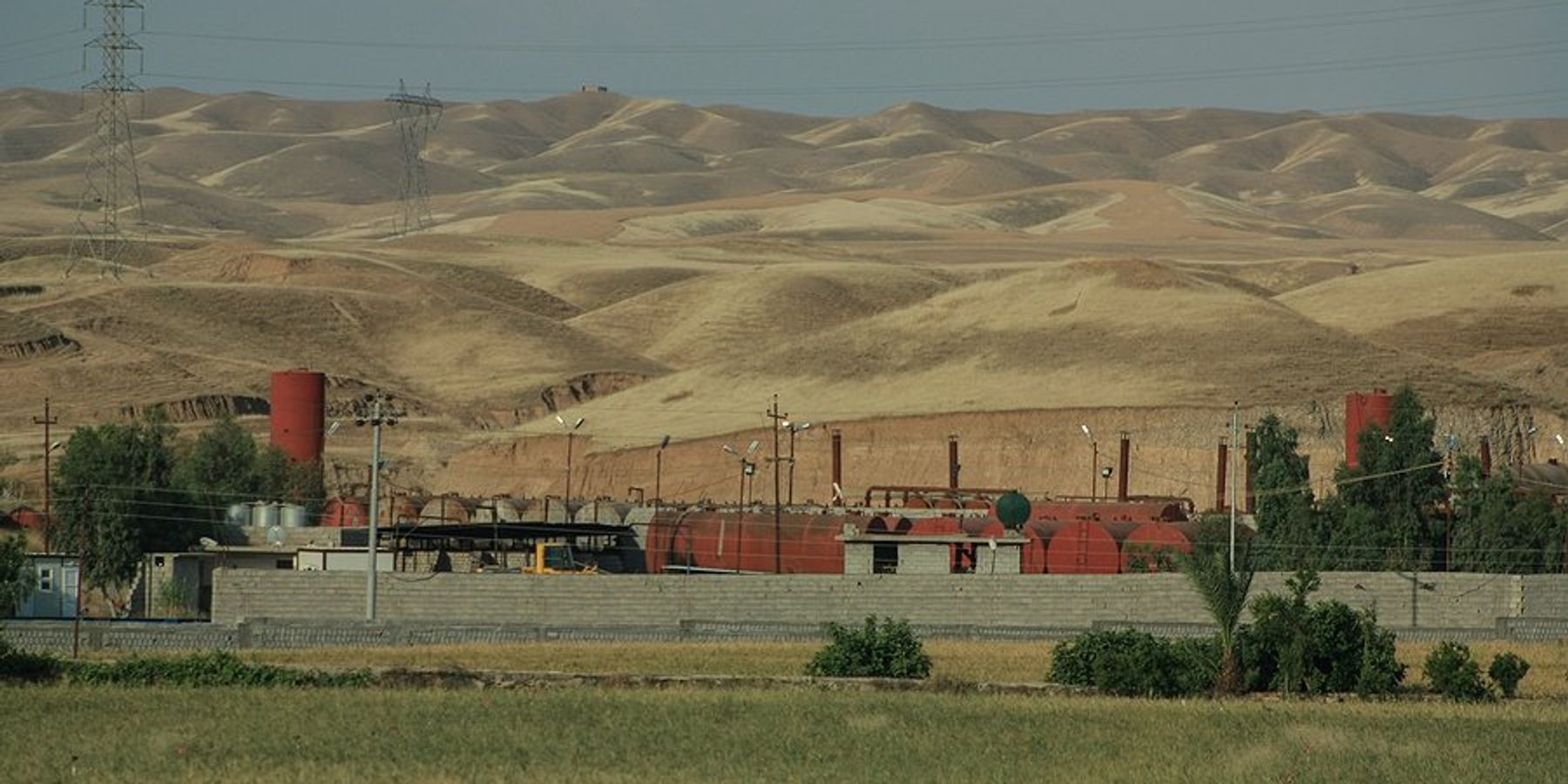
Oil drilling and water scarcity push Iraq’s famed wetlands to collapse
Iraq’s southern marshes, once among the world’s richest wetland ecosystems, are vanishing as oil extraction and drought deplete water sources and disrupt life for local communities.
Azhar Al-Rubaie, Sara Manisera and Daniela Sala report for The Guardian.
In short:
- Iraq’s Mesopotamian marshes, recognized as a UNESCO World Heritage site, are drying up as water is diverted to oil fields like Halfaya and Majnoon, where extraction methods consume vast amounts of freshwater.
- PetroChina and other oil firms pump tens of thousands of cubic meters of water daily from the Tigris to support oil drilling, while upstream dams in Turkey, Iran, and northern Iraq further choke water flow to the wetlands.
- Pollution from oil operations has poisoned fish, collapsed local agriculture, and forced families into poverty or employment with the same industry damaging their environment, sparking recent waves of protest.
Key quote:
“This economy is literally killing people.”
— Majid al-Saadi, director of the agriculture department in Maysan province
Why this matters:
The Mesopotamian marshes, once a cradle of civilization, now face a man-made collapse fueled by climate change, political neglect, and industrial water use. These wetlands once provided drinking water, food, and livelihoods for thousands, while sustaining a unique ecosystem. Today, oil drilling is pulling freshwater away from the region, leaving behind cracked earth and chemical-laced canals. This transformation is not only displacing families and collapsing local economies — it is also accelerating desertification and biodiversity loss. With Iraq’s government prioritizing fossil fuel revenues over wetland protection, and international oil firms largely unaccountable, the region is becoming a flashpoint where environmental degradation, public health risks, and social unrest converge.
Learn more: Podcast: Climate change forces Iraq’s farmers to abandon ancestral land amid extreme heat and water scarcity













